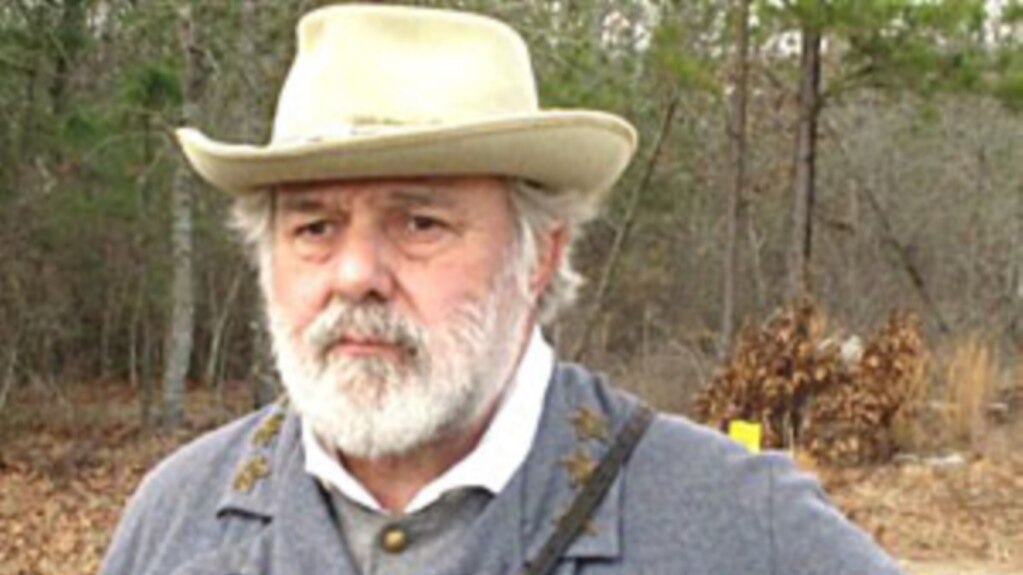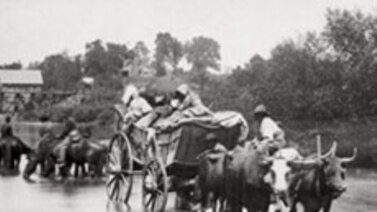
This is IN THE NEWS in VOA Special English.
This Tuesday is the one hundred fiftieth anniversary of the opening shots of the American Civil War. On April twelfth, eighteen sixty-one, Confederate soldiers fired on Union troops at Fort Sumter in South Carolina.
A total of eleven southern states left the Union. They formed the Confederate States of America. They wanted to continue their economic system based on agriculture and slavery.
The War Between the States continued for four years until the Confederates surrendered. Six hundred twenty thousand Americans died during the war. President Abraham Lincoln was killed shortly after it ended.
One of the first battles took place at what is now Manassas National Battlefield Park in Virginia. Ray Brown from the National Park Service says two percent of the American population died in the Civil War.

RAY BROWN: "You can imagine the impact that this would have on whole communities throughout the country and why there would be such passions that have been passed on from generation to generation even at the remove of one hundred fifty years."
Marianne Lee brought her children to the historic battlefield for a history class.
MARIANNE LEE: "I think it is important to look back at this particular war, because it is what made our Union. We separated and yet managed to come back together."
David Blight is a historian at Yale University in Connecticut and an expert on the Civil War. He says observances of the fiftieth anniversary centered on the sacrifices of the two sides.
DAVID BLIGHT: "What we did in this country is we suppressed having to talk about what caused that war or what its results or legacies were, focusing largely on honoring the soldier."
Kevin Levin is a history teacher in Charlottesville, Virginia, who writes the blog Civil War Memory. He says Americans continued to ignore the issues at the one hundredth anniversary of the war.
KEVIN LEVIN: "Americans, I think, were more interested in remembering a war that united Americans rather than divided Americans."
But in recent years, historians like David Blight at Yale have started to take a new look.
DAVID BLIGHT: "We do not want to sacrifice the military history story. That needs to be understood. But this time, we need to put the story of emancipation at the center of this narrative, because what really transformed the United States, were not those battles. What really transformed the United States was the process by which four million slaves were freed that necessitated a recrafting of our Constitution."
The addition of the Thirteenth Amendment ended slavery. The Fourteenth Amendment gave citizenship to anyone born in the United States and guaranteed equal protection to all people. And the Fifteenth Amendment guaranteed all citizens the right to vote.
But it took the civil rights movement of the nineteen fifties and sixties to enforce many of those promises.
Historian David Blight says Americans are still debating many of the same issues as they were a century and a half ago.
DAVID BLIGHT: "Every time Americans debate the problem of states' rights, the relationship of federal power to state power -- which we are indeed having a roiling debate again -- and every time we debate not only race relations, but the very idea of what it means to be an American, multi-racial, greatly diverse society, we are debating the direct legacies of the Civil War."
And that's IN THE NEWS in VOA Special English. You can learn more about American history at voaspecialenglish.com. I'm Christopher Cruise.
Contributing: Susan Logue Koster
Watch a video by Susan Logue Koster
